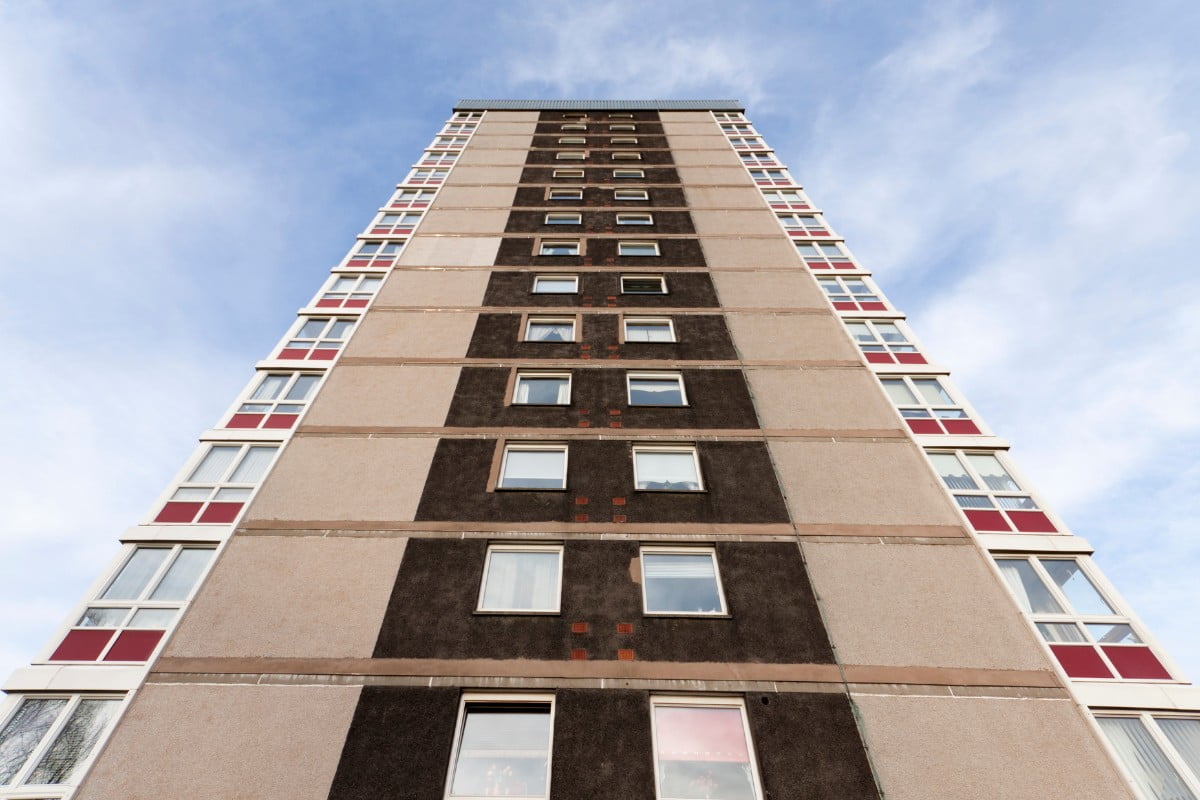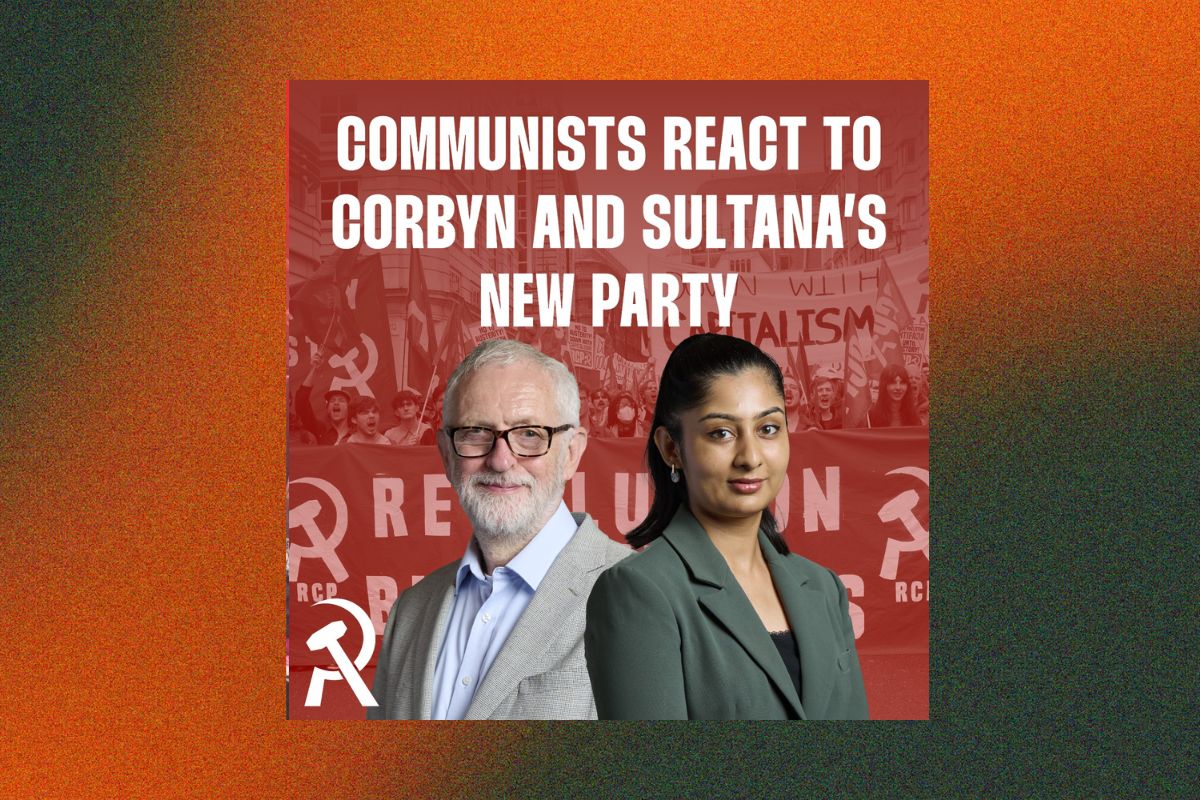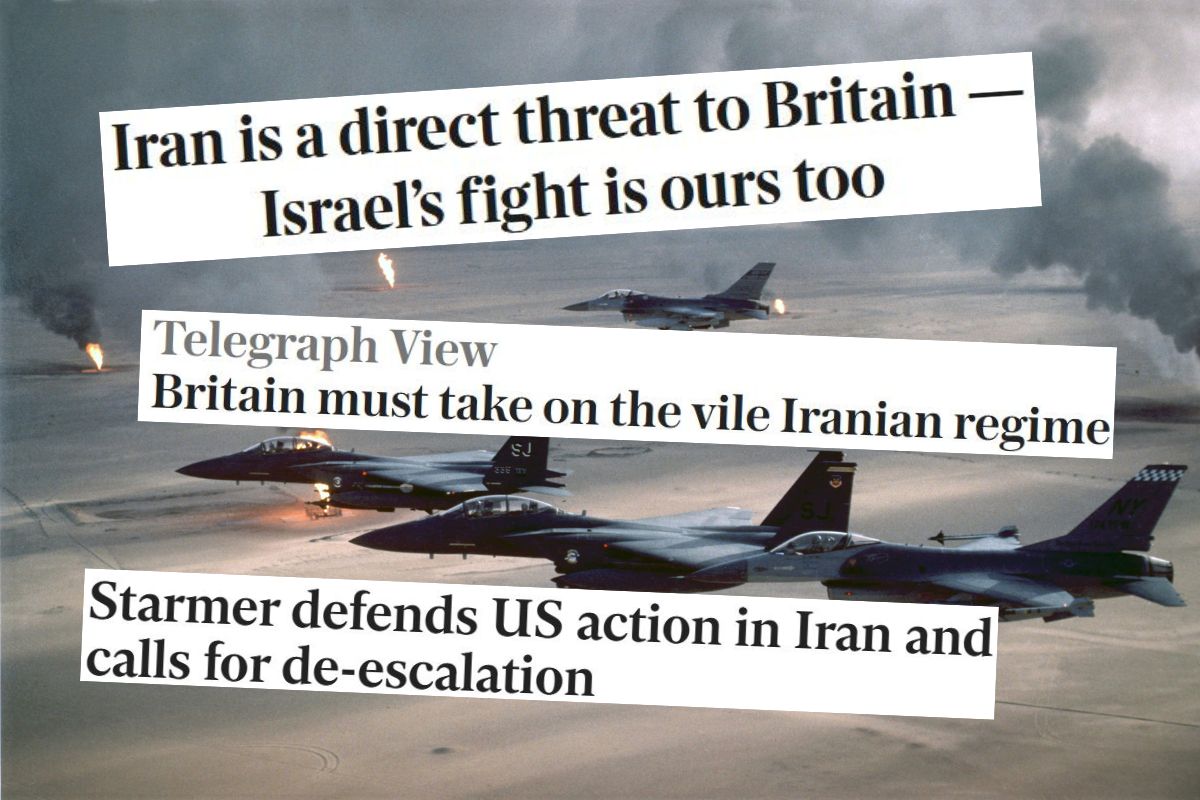According to recent comments by General Sir Nicholas Houghton during Remembrance Sunday, we should be “worried” if Jeremy Corbyn became prime minister. These words are just the latest in a series of “political” statements to be made by leading members of the UK armed forces – a warning of what to expect in the future.
According to recent comments by General Sir Nicholas Houghton on the BBC’s Andrew Marr Show during Remembrance Sunday, we should be “worried” if Jeremy Corbyn became prime minister on an anti-nuclear arms platform. These words are just the latest in a series of “political” statements to be made by leading members of the UK armed forces.
Army interference
Only a few months ago, during the Labour leadership election campaign, we had an “unnamed” army general stating that,
“Feelings are running very high within the armed forces. You would see a major break in convention with senior generals directly and publicly challenging Corbyn over vital important policy decisions such as Trident, pulling out of NATO and any plans to emasculate and shrink the size of the armed forces. The Army just wouldn’t stand for it. The general staff would not allow a prime minister to jeopardise the security of this country and I think people would use whatever means possible, fair or foul to prevent that. You can’t put a maverick in charge of a country’s security.”
Now Houghton has joined in, openly implying that the armed forces would not be happy, to say the least, if Corbyn was elected to high office. He has claimed that Britain’s nuclear defence would be undermined by a prime minister refusing to send us all to oblivion.
Corbyn has rightly protested over this interference in “democratic politics” and has accused him of crossing the line. The establishment response has been to let Houghton off, saying he was acting within his remit. However, had Houghton been attacking Tory austerity cuts or poverty in Britain you can be pretty certain he would have been out on his ear.
Such a situation would be incredibly unlikely though. Houghton, like the rest of the armed forces senior staff and the upper echelons of the state, has been drawn from the ranks of the upper class. General Sir John Nicholas Reynolds Houghton GCB, CBE, ADC Gen (to give his full title) was educated at private school before being fast-tracked through Oxford and then Sandhurst. He then entered the army (or was “commissioned”, as they like to put it) as a second lieutenant – no serving in the ranks for him. He is currently Chief of Defence Staff – hardly a minor position.
“Liberal” Britain
The establishment has tried to brush Houghton’s comments to one side; but even mainstream papers like the Guardian have warned about the implications of statements like these. As a Guardian editorial in the November 10th edition states:
“The rule is clear, simple and fundamental. And it’s not a rule to be messed with, either. In liberal democracies the elected civil authorities must prevail over the military forces of the state. The people with the votes give the orders to the people with the guns – not the other way round… What the military are not entitled to do is challenge the very legitimacy of the elected government itself… but the occasional top soldier seems to feel entitled to do so – and soldiers have guns.”
The Guardian editorial writer seems surprised by the course of action being taken by Houghton and unnamed others. They imply that such a meddling with politics by the armed forces is unusual for “liberal” Britain. Yet even the editorial reminds us of exceptions to the rule, such as the statement, made by former-Nato commander Sir Walter Walker in the 1970s, that faced with civil unrest Britain might prefer “rule by the gun in preference to anarchy.” In fact, as we outlined in previous articles, the various sections of the state – including the armed forces – have on many occasions considered taking action against the elected government of the UK. Britain is not so “liberal” as you might think.
We should not be naïve about this. There is a reason that all the senior ranks of the armed forces are drawn from the upper classes; ditto for the police chiefs, senior civil servants, judiciary and so on. It is so they can rely on them all to show class solidarity towards capitalism should the need arise. The upper ranks of the state machine are not impartial onlookers, there to serve the people. They stand above society, claiming to act as mediators in times of crisis; but in the final analysis they will act in the interests of the ruling class – i.e. the rich and powerful.
A warning shot
Ultimately they rely on their own physical forces – the armed bodies of men – to back up their authority. That is why the armed forces are so important. They even provide a get-out clause for themselves by constantly reminding us that the state is supposed to serve the unelected monarchy, not the people, or even the government…or rather, Her Majesty’s government to give it its correct title.
At the end of the day, we must take the pronouncements of Houghton and the others as a warning. At present they are just intended to build up and support the opposition to Corbyn and his ideas, both inside the Parliamentary Labour Party and in the wider political scene. However, they are also a warning that we cannot count on the echelons of the state to back or defend any socialist government in the future. They are not interested in democracy, but rather see democratic rights as being a useful tool under conditions of normality; a tool that gives the people the illusion that they are in charge, whereas in fact power lies in the hands of the rich: the capitalists, landowners, banks and finance houses.
These people do not answer to us. Power will need to be taken from them if we are to control our own lives. This means taking control not only of the economic levers of society, but also of the state itself. Left to their own devices they will inevitably act against the interests of the masses and in defence of privilege and wealth. They cannot be allowed to do so.






